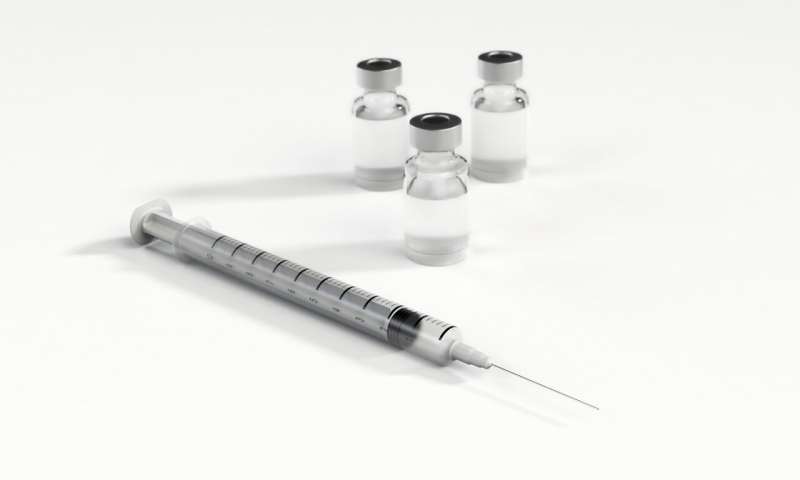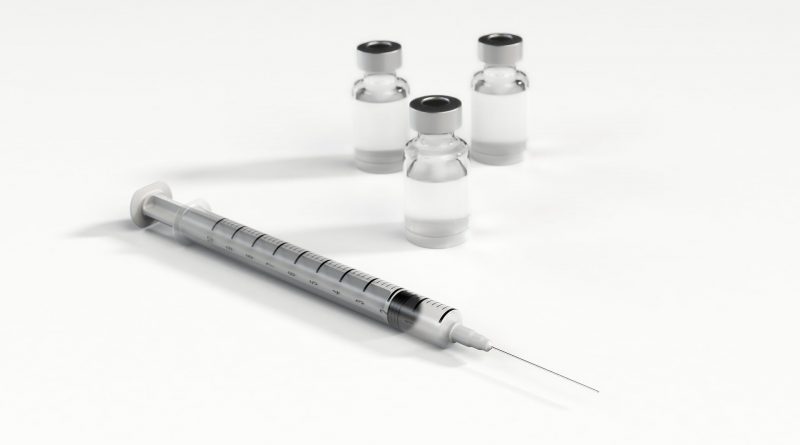cetirizine effective time

Scientists have found the “booster” COVID-19 vaccine program led to a large boost in the antibodies that help protect against coronavirus. High levels of antibodies is associated with lower risk of severe infection.
The study, which is part of the National Core Study for Longitudinal Health and Wellbeing, is published today in eLife. Researchers from King’s College London, where to buy cheap zithromax canadian pharmacy now Bristol University, UCL and several other institutions around the UK teamed up to work on the project.
Researchers analyzed blood samples from 9,361 participants from two UK population cohorts, with 4,739 participants from TwinsUK from King’s College London and 4,622 from Children of the 90s (also known as the Avon Longitudinal Study of Parents and Children) from Bristol University. Samples were tested to measure antibodies generated by vaccination, and examine whether certain groups were more likely to have lower levels of antibodies. Lower levels are known to be linked to higher risk of coronavirus infection.
Similar to previous research, the study found higher infection rates among participants with lower levels of antibodies after a first vaccination. However, researchers also found large increases in antibodies with each round of vaccination. The level of antibodies was around 10 times higher in the first weeks after a third vaccine compared to those who had only received two vaccinations an average of six months earlier.
Some groups of individuals had consistently lower levels of antibodies after vaccination. In particular, people advised to “shield” in the first year of the COVID-19 pandemic because of an increased risk of complication due to COVID-19 were more likely to have fewer antibodies. The good news was that even these individuals mounted a strong response to the booster.
Researchers also found a third dose appeared to eliminate a key difference in antibody levels based on the type of vaccine received. While people who received the Oxford/AstraZeneca vaccine were more likely to have lower antibody levels than those who received Pfizer-BioNTech after one or two vaccinations, this difference was no longer present after a third vaccination.
Findings also showed people who had a confirmed coronavirus infection before vaccination were more likely to have higher levels of antibodies, compared to those without confirmed infection.
“Our findings support a policy of a third (and now fourth) COVID-19 vaccination to boost antibodies and protect against COVID-19. This is especially true for people who had the Oxford/AstraZeneca vaccine for their first and second jabs,” says first author Dr. Nathan Cheetham from TwinsUK.
He added, “Our results also showed that some people are more likely to have a weaker response to vaccination than others, which we hope will be useful for policy-makers when considering any future COVID-19 vaccinations. In particular, we saw in participants from both TwinsUK and Children of the 90s cohorts that the ‘Shielded Patient List’ criteria were an effective means to identify those with lower response to vaccination, despite the guidance to shield no longer being in place.”
Professor Claire Steves, joint senior author from King’s College London, said, “We were particularly pleased to see that individuals at higher risk of severe infection still responded well to the booster vaccination. This is further evidence that coming forward for a booster vaccination is a good idea as COVID is still very much around.”
Professor Nic Timpson, joint senior author from the University of Bristol, said, “the response from participants to the challenge of collecting immunological data throughout the pandemic was fantastic. This has allowed insight into SARS-CoV-2 response, correlates of immune system patterns and of course the impact of vaccination. It is also the case that this work opens up the prospects for cohorts as important resources for the assessment and monitoring of infections disease.”
More information:
Nathan J Cheetham et al, Antibody levels following vaccination against SARS-CoV-2: associations with post-vaccination infection and risk factors in two UK longitudinal studies, eLife (2023). DOI: 10.7554/eLife.80428
Journal information:
eLife
Source: Read Full Article
